
How Storyblok Handles Content Versioning
A practical guide to how Storyblok handles draft and published content, with examples of API usage a

Optimizely Most Valued Professional (OMVP), Subject Matter Expert (SME), CMS and Commerce certified
Contact MeIn recent years, the headless approach to content management systems (CMS) has seen a rapid rise in popularity. Traditionally, most web solutions have been monolithic, functioning as self-contained systems. However, in an era where businesses must cater to an ever-expanding array of channels, finding a simple, cost-effective solution is paramount. Herein lies the appeal of a headless CMS: it enables central management of domain data while facilitating content presentation across various channels such as desktop, mobile, tablet, and native devices.
As this architectural approach gains traction, traditional (aka coupled or monolithic) systems are sometimes viewed as too restrictive for certain businesses' evolving needs. To stay ahead of this shift, Optimizely has been progressively enhancing their headless offerings. Let's explore these in greater detail.
While there are advantages and disadvantages to choosing either the Headless or Traditional approach for architecting your solution, the decision ultimately depends on your specific business model. Numerous articles are available to provide insights into the pros and cons of each approach. However, here we have an alternative perspective on the debate. Read on.
Optimizely caters to diverse methodologies with its comprehensive product suite. It upholds its commitment to the traditional approach by upgrading to ASP.NET Core while simultaneously providing a range of headless offerings straight out of the box:
Content Delivery API: Enables the CMS to function in a headless mode, querying data as JSON. Single-page Applications often use this API with front-end frameworks such as React or Vue.
Content Definitions API: Manages definitions like content types, properties, and data types remotely, obviating the need for the Optimizely admin interface.
Content Management API: Offers the ability to create, update, or delete content, proving useful for integrating external content into your Optimizely solution.
Content Delivery Commerce API: Supports all related Customized Commerce features, including cart and order creation.
Service API: Primarily aimed at integration support for ERPs, this API facilitates importing catalogue information such as products, inventory, and pricing.
At Hidden Foundry, we confront the headless vs traditional CMS debate with our view as: why not both? We advocate for optionality, firmly asserting that a solution incorporating the best of both worlds is not only possible but beneficial.
We recognize that every business is unique and each solution demands a customized approach. Leveraging Optimizely's broad product range, Hidden Foundry meticulously crafts solutions tailored to your specific business model, regardless of its nature or complexity.
By giving you the freedom to choose, or even blend approaches, we empower your business to traverse the dynamic landscape of digital content management with the necessary flexibility and adaptability. This becomes possible through Optimizely's comprehensive offerings, which span both headless and traditional solutions, thereby facilitating unprecedented versatility.
Content Graph, based on GraphQL, is designed to solve many of the issues plaguing solutions using REST APIs, such as multi-round trips for domain objects and over-fetching. The adoption of GraphQL by the developer community has been spurred by its potential to increase productivity and reduce development time. Looking forward, we recommend Content Graph for headless solutions. It not only reduces development time but also enables frontend and backend teams to work more independently—historically, frontend teams often relied on backend teams to extend or create new REST API endpoints.
Still curious about how this could apply to your current solution or have more questions? We're here to help. We believe in initiating a conversation, understanding your unique needs, and crafting a solution that aligns perfectly with your business model. Whether your interest lies in headless systems, traditional methodologies, or a blend of the two, we hold the expertise to provide the guidance you need.
Don't hesitate to reach out to us for a no-obligation discussion. Your journey towards a more flexible and adaptive digital content management system could start with a simple conversation. We're eager to answer your burning questions and provide tailored insights into your specific situation. Contact us today and discover how Hidden Foundry can help you navigate the dynamic world of CMS.

A practical guide to how Storyblok handles draft and published content, with examples of API usage a

Have you taken the time to investigate what SaaS actually offers before introducing it to your busin

Overcomplicated requirements are slowing you down. Here’s how trimming the excess can help you launc
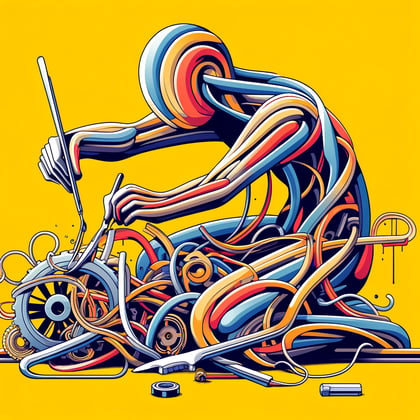
I discuss our experiences not validating business features early which result in delayed projects

Best practice of managing your Optimizely nuget packages
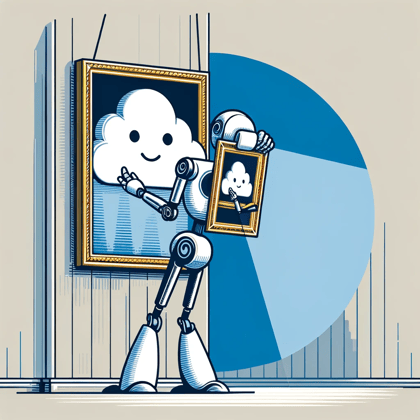
Demystify Image Resizing on the edge for your Optimizely solution

Critical parts of an upgrade can help you understand the different stages of an upgrade. Let's discu

Optimizely Customers now have a choice between using CMS on either PaaS or SaaS

SaaS Core is Optimizely's latest CMS offering as part of its composable architecture

We describe Optimizely's newest Content as a Service offering Optimizely Graph and how you should be
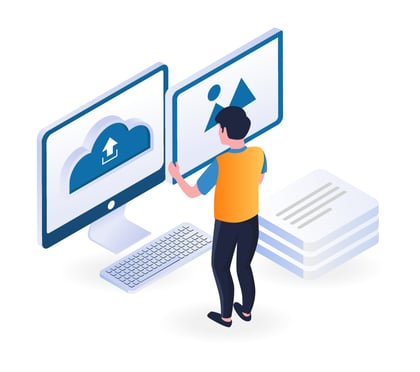
Straightforward RSS feed generation for your Optimizely solution with this NuGet package

We are proud to announce Optimizely has awarded Hidden Foundry with Specializations
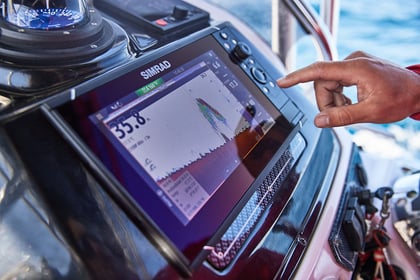
We discuss our experiences of working with Navico to refactor their single site into a multi-site so

We summerize our experience of working with FirstMile and helping them move over to Optimizely Comme

Grasp ODP and how it's AI and data consolidation enables insight driven conversions

We outline the benefits of upgrading your Optimizely solution to ASP.NET Core

Expand content area properties to load nested contact areas recursively to a customizable level

Redirect the user elsewhere instead of the default Optimizely login page when attempting to access a
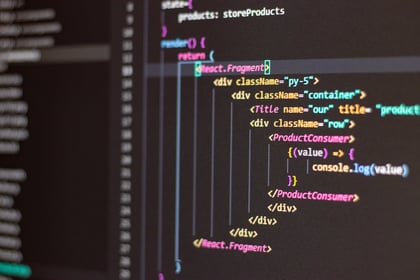
Learn to use CLI and dotnet command to create new cms / commerce projects and perform admin actions.